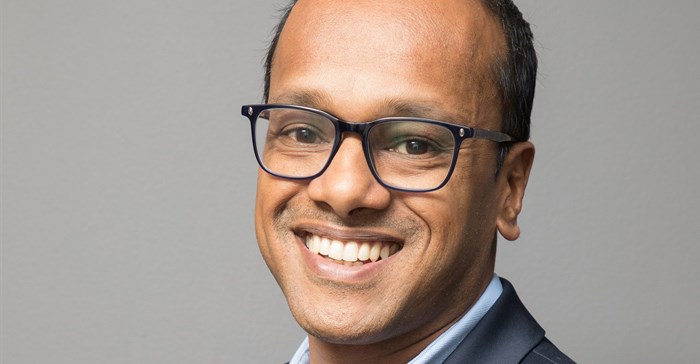Marketing & Media trends
Industry trends
BizTrends Sponsors
Trending
#BizTrends2019: Where is healthcare headed?

South Africa has its own unique challenges and opportunities. The triple threats of poverty, inequality and unemployment mean many citizens are simply unable to access quality healthcare. The introduction of National Health Insurance (NHI) in South Africa aims to address this issue, presenting real opportunities for public-private partnerships and innovation.
Shifting global demographics and the demand for healthcare
People are living longer, many with chronic conditions. We also see population growth, particularly in developing markets such as Africa (expected to grow by 2.4-billion by 2050). Populations are becoming increasingly unhealthy, driven by sedentary lifestyles, high personal stress levels, and poor dietary habits.
The result is an increasing disease burden on health systems. In South Africa alone, 50 people die every day due to diabetes, while an additional 35 lives are lost daily due to respiratory diseases.
Healthcare costs are rising globally, jeopardising affordability of healthcare for many. Most healthcare systems are looking at ways to cut costs, and improve disease prevention in society.
Changes in policy and regulatory environments
Globally, the healthcare regulatory environment is complex and evolving. In South Africa, the NHI, Medical Schemes Amendments Bills, and outcomes of the Health Market Inquiry will change the healthcare landscape fundamentally.
The goal of universal healthcare will require strong partnerships between public and private players. If we look for creative solutions and leverage the best from the public and private sector, we have an opportunity to significantly improve healthcare access and affordability in the country.
Consumer-centricity
As people become accustomed to personalised, digital offerings in retail and banking, they will expect similar experiences when it comes to their healthcare. Connectivity and access to information mean healthcare consumers are becoming more knowledgeable and better able to compare quality and outcomes across clinicians and medical service providers.
Patients also demand convenience. In Europe for example, home-based care is gaining traction, while personalised care, walk-in services and virtual queuing are also becoming popular. Evaluation and measurement of patient experience has fast become international best practice and assists in ensuring patient-centred care remains a priority for healthcare service providers globally.
Technology and healthcare access
The World Health Organisation (WHO) predicts rapid advancements in technology will drive better quality of healthcare and enable greater access to services by providing more diverse treatment models whilst lowering costs.
Similarly, the 2018 Philips Future Healthcare Index (FHI) finds that technology and digital innovation, artificial intelligence, and connected care will be important enablers of healthcare access and groundbreaking treatments, despite the impact of rising costs on affordability.
Making use of smarter technology means healthcare providers can enhance the patient experience by lowering the risk of diagnostic errors while speeding up the provision of better, more affordable treatment.
Furthermore, advancements in surgical technology are making a positive impact on surgical outcomes for both the patient and the surgeon. Robotic-assisted surgery for example, allows minimally invasive procedures which reduces the need for blood transfusion and benefits patient outcomes in term of less post-operative pain, reduced risk of wound infection, as well as a shorter hospital stay and faster recovery.
Setting up for future growth
As healthcare providers, we must develop innovative healthcare models, whilst continuing to focus on efficiency, quality, and patient-centricity. We must also build strong partnerships to improve healthcare access and affordability. Despite its challenges, the future of healthcare in South Africa can be bright.










